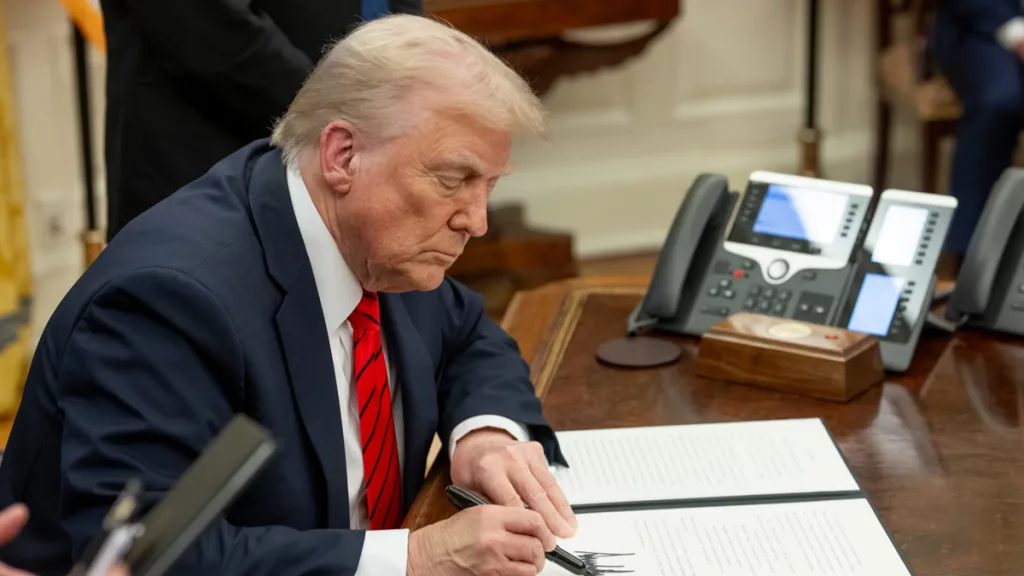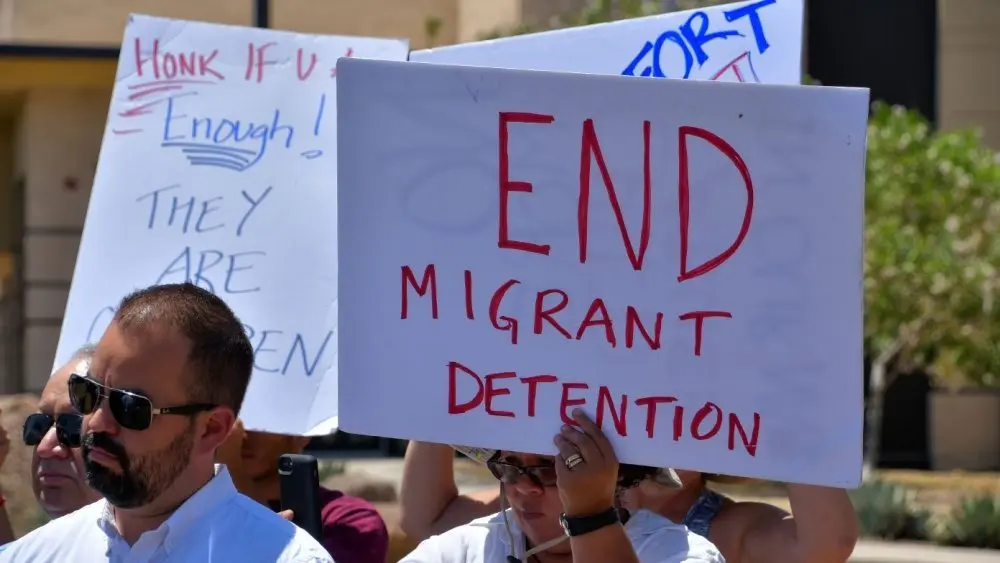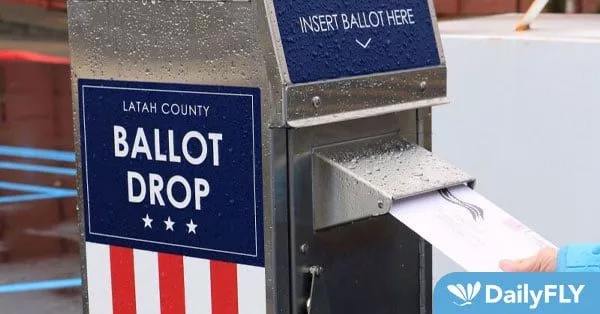WASHINGTON, D.C. – Republicans’ recently-passed One Big Beautiful Bill Act will add trillions to the federal deficit and debt over the next decade, according to the Congressional Budget Office’s final cost analysis.
The long-awaited CBO score, released Monday, estimates that the budget reconciliation bill will increase the federal deficit by a net $3.4 trillion over the 2025-2034 period. Most of the cost stems from the legislation permanently extending the 2017 tax cuts, which CBO calculates as lost federal revenue.
Using the CBO score, the Committee for a Responsible Federal Budget projects that the policies in the bill will also add $4.1 trillion to the national debt over the same time period, when accounting for interest.
“It’s still hard to believe that policymakers just added $4 trillion to the debt,” CRFB President Maya MacGuineas said Monday. “We’ll hear a lot of excuses, of course. Claims that economic growth will cover the costs or that spending cuts will wildly exceed expectations, or that they shouldn’t have to pay for extending temporary provisions in the law. None of these excuses pass muster.”
Republican leaders had promised deficit-wary constituents that they would pair any provisions in the bill resulting in lost revenue with dollar-for-dollar spending cuts or provisions boosting economic growth.
While House committees largely followed those promises by authorizing a ten-year tax cut extension with offsetting spending cuts, Senate committees leaped far out of the fiscal bounds established by the budget reconciliation’s original blueprint.
Because extending the tax cuts permanently would cost more than lawmakers could realistically cut, the Senate changed its accounting methods to paper over the entire cost. Under the current policy baseline, the OBBBA costs only $441 billion by 2034, as The Center Square reported.
This new fiscal framework allowed Republicans to permanently extend the tax cuts, as President Donald Trump wanted, while still theoretically complying with budget instructions. But the CBO, CRFB, and nearly all budget organizations denounced the tactic as a “gimmick.”
“[M]odelers from across the ideological spectrum universally agree that any sustained economic benefits are likely to be modest, or negative, and not one serious estimate claims this bill will improve our fiscal situation. Rather, positive growth effects are likely to be swamped by the effects of higher debt and interest rates,” MacGuineas said.
House Speaker Mike Johnson, R-La., has said that he wants to do a second budget reconciliation bill to codify even more of the president’s agenda. MacGuineas said that if Republicans do so, the bill “should focus entirely on deficit reduction.”





